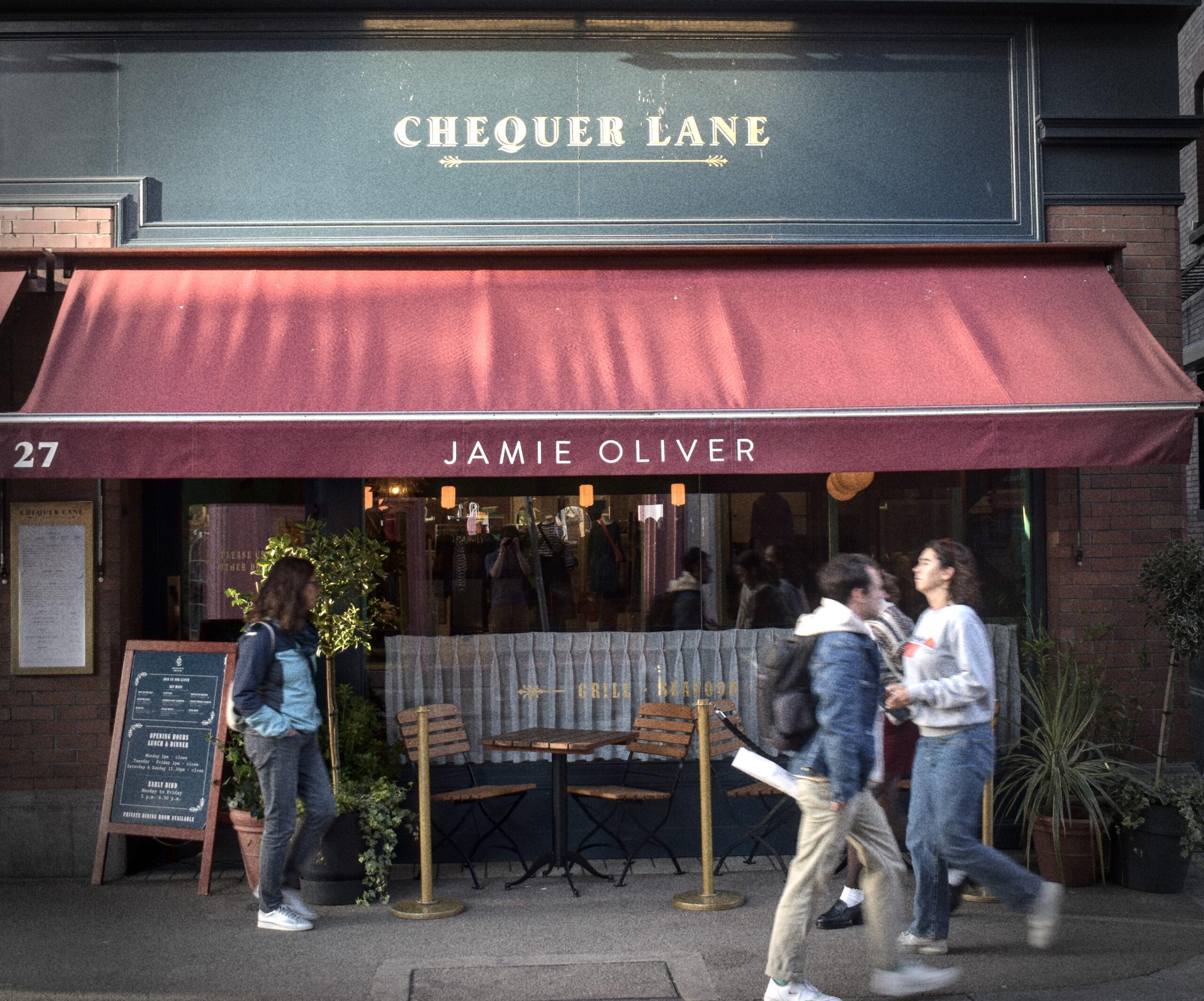No one can deny the influence that celebrity chefs have had over the years on the evolution of food culture and global cuisine. Many of those with culinary hobbies will often credit it to cooking shows they watched in their childhood. Such shows, which themselves created the phenomenon of celebrity chefs, inspired a new generation of individuals with a passion for cooking. Many now would view cooking as an art form rather than a daily burden. Through these shows, the idea of the celebrity chef was born. Their ‘character’ would be developed over seasons of the show to make them more memorable to the audience and many would eventually become the unique selling point of the show. With the success of these shows in the 2000s and early 2010s, the popularity of these chefs skyrocketed and made them household names. From then on, celebrity chefs have become prominent on many media platforms and many have had successful careers creating recipes and products, publishing books and hosting cooking shows. However, the existence of celebrity chefs is not itself representative of the industry and is not without its flaws.
“Cooking shows featuring celebrity chefs often prioritise drama, to draw in an audience, over real culinary education and skills”
One of the many drawbacks in regards to the popularity of celebrity chefs is the commercialisation of their identity. Many celebrity chefs have become more focused on their brand and commercial ventures than on the quality of their food. They may endorse products, release cookbooks, and host television shows, which can dilute the public’s perception of their culinary expertise and authenticity. Cooking shows featuring celebrity chefs often prioritise drama, to draw in an audience, over real culinary education and skills. This can lead to misconceptions about the reality of working in a professional kitchen and the difficulty of becoming a skilled chef. While focused on increasing their social media following through content creation, they tend to create recipes meant to generate a reaction online rather than be something people would like to try and cook at home. Some also go on to open restaurants, conveniently marketed with their name, which tend to not live up to the standard expected by fans and customers alike. These restaurants often do not represent the standards that the chefs preach and result in disappointment and an influx of criticism. These ventures are often faced with financial difficulties, a well-known example is renowned British Chef Jamie Oliver and his failed restaurant empire, which resulted in millions in losses to his food suppliers.
Moreover, celebrity chefs often create elaborate and high-end dishes with expensive or unusual ingredients that are not easily accessible to the average home cook. Critics of these chefs frequently argue that this approach can make cooking seem intimidating and discourage people from learning to cook at home as the chances of failure seem high. Many recipes featured on culinary magazine Bon Appetit’s website and YouTube channel perfectly demonstrate how many recipes are created without consideration for the abilities of the average home cook. The rise of celebrity chefs can also contribute to the perception that gourmet dining and culinary expertise are exclusive to the wealthy and privileged. This can reinforce social and economic disparities related to food access and education. With the rising cost of food, the question of appropriate recipes to provide the public with becomes more prominent. Many home cooks would be reluctant to spend their money on ingredients for recipes they are trying for the first time and might not enjoy or create again.
“Celebrity chefs often popularise certain culinary trends, leading to the homogenization of global cuisine”
Some celebrity chefs have also been criticised extensively online for appropriating and misrepresenting the cuisines of other cultures without having proper knowledge or understanding of the often extensive process behind the original dishes. This can perpetuate stereotypes and contribute to the erasure of traditional culinary practices. Many of these chefs would claim to recreate an authentic dish while using ingredients that are not typically used or preparing them incorrectly. This leads to the misrepresentation of the real dishes and their history. Celebrity chefs often popularise certain culinary trends, leading to the homogenization of global cuisine. This can diminish the diversity and uniqueness of regional and traditional dishes. Over time, this can lead to a new method overriding the traditional process behind a dish and thus affecting the distinctive flavour profile that is acquired only through the original methods.
Celebrity chefs present an idealised and often unrealistic image of the culinary profession. They emphasise the glamour and excitement of cooking while downplaying the gruelling hours, low wages, and demanding physical labour that are often part of the industry. Ordinary chefs do not earn nearly as much as celebrity chefs, even with years of culinary experience. Many end up leaving the industry permanently due to the stress of being overworked and underpaid for many years. Unfortunately, this is something many are not aware of as many would assume these chefs are similar to celebrity chefs often seeking a humble or familiar image.
Overall, it’s important to recognise that not all celebrity chefs are subjected to criticism, and many have made positive contributions to the culinary world, including advocating for food related issues, promoting cuisines that are often overlooked and providing people with an educational resource for cooking. However, these criticisms reflect what can often be overlooked about the celebrity chef phenomenon.






